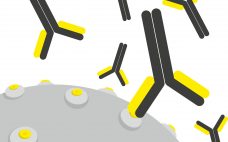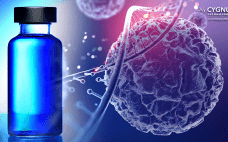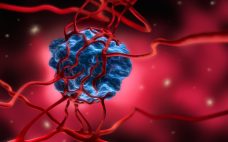This webcast features: Jennifer Lawson, PhD, Global Product Manager, Cell Banking and Testing, Sartorius Potency assays are an important part of the drug development process and are required throughout the lifetime of the product. The potency assay needs to correlate with the mechanism of action and provide an indication of stability. With these requirements comes a myriad of challenges in the development process, especially as therapeutics become increasingly complex. Assay development should be stepwise, starting with proof of concept and…
Monday, June 21, 2021 Daily Archives
HCP Analysis by ELISA and Orthogonal Methods in Vaccine and Gene Therapy Development
This webcast features: Jared Isaac, PhD, Sr. Scientist, Chromatography and Mass Spectrometry, Cygnus Technologies Next-generation recombinant vaccines and gene therapy products require clinical and commercial manufacturing of protein antigens or viral vectors produced using cell culture technologies. Regulatory guidelines require testing for cell substrate related impurities, media and purification additives, as well as adventitious agents throughout vaccine and gene therapy development to study the candidate’s purity, safety, and efficacy. While low levels of most impurities can be inconsequential, patient safety…
Eisai and BMS in $650m solid tumor ADC pact
Eisai and Bristol-Myers Squibb (BMS) will co-develop and manufacture MORAb-202, an antibody-drug conjugate treatment for endometrial, ovarian, lung and breast cancers. Under the deal Eisai and BMS will develop and commercialize MORAb-202 in Japan, China and the wider Asia-Pacific region, the US, Canada, the EU the UK and Russia. BMS will develop and commercialize the drug elsewhere. Eisai will remain responsible for the manufacturing and supply of the product globally. BMS will pay $650 million to Eisai including $200 million…
Vor building cell therapy plant to support clinical trials
Vor Biopharma plans to build a cell therapy manufacturing facility to make supplies for clinical trials. The facility – at Vor’s Cambridge, Massachusetts headquarters – will make hematopoietic stem cell and chimeric antigen receptor T-cell (CAR-T) candidates for trials. Construction is expected to complete in 2022. According to Vor, positioning all its production processes under one roof will reduce production costs and accelerate timelines. The firm told BioProcess Insider: “By integrating its internal research, process development, analytical development, manufacturing, and…
Vectorized antibody startup VectorY to establish Dutch plant
VectorY Therapeutics will use a portion of its recent €31 ($37) million seed financing to construct a plant in The Netherlands to support its vectorized antibody gene therapy candidates. The biotech, which launched in October 2020 at the Amsterdam Science Park in The Netherlands, secured €31 million through the funding round led by a syndicate that included Forbion, BGV, and Eli Lilly and Company. The money will be used to both establish preclinical proof of the firm’s concept for vectorized…





